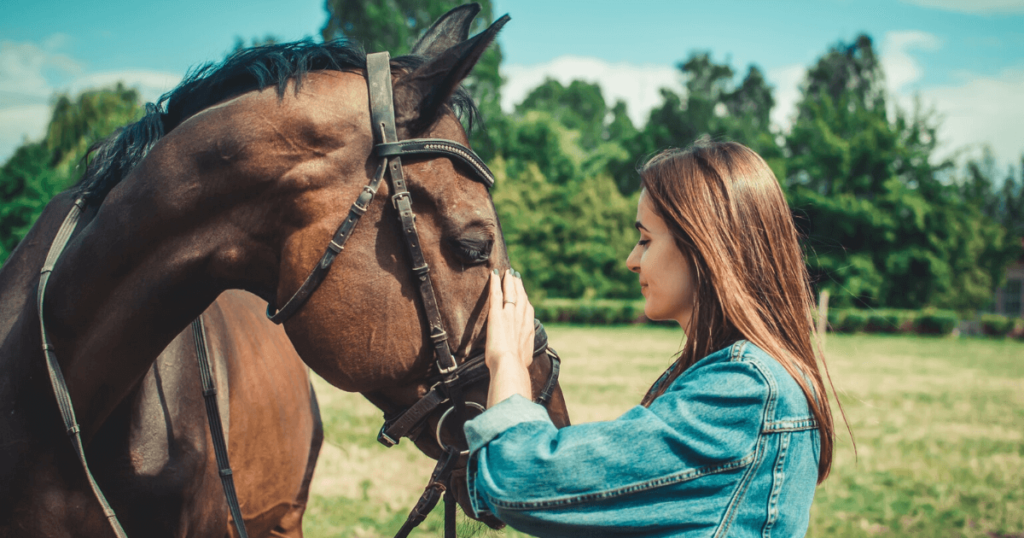Owning a horse can be a dream come true for many animal lovers. The experience of riding, caring for, and bonding with such a majestic creature is unparalleled. However, the financial commitment of horse ownership is substantial and long-term. In this article, we’ll delve into the costs associated with owning a horse and provide tips on budgeting for long-term care.
Initial Costs: Buying Your Horse
Before diving into the ongoing expenses, let’s take a look at the initial costs you’ll incur when purchasing a horse:
- Price of the Horse: Depending on the breed, age, and pedigree, a horse can cost anywhere from a few hundred dollars to several thousands or even more.
- Pre-Purchase Veterinary Exam: To ensure you’re buying a healthy horse, a veterinary exam is advised, which can cost up to $300.
- Transportation: Depending on the distance, transportation fees can add another $100 to $500 to your initial expenses.
Shelter and Boarding
After the initial purchase, the first recurring cost is shelter:
- Boarding: If you don’t have the land to keep a horse, boarding at a stable can cost between $300 and $800 per month depending on the facilities and services provided.
- Building a Stable: If you have the land and wish to build your own stable, construction costs can range from $2,000 to $20,000 or more.
Feeding Costs
Feeding is another crucial ongoing expense:
- Hay: A horse can eat about 15 to 20 pounds of hay a day, costing approximately $100 to $200 per month.
- Grain and Supplements: This can add another $25 to $100 per month to your feeding budget.
Healthcare Expenses
Horses require regular veterinary care, including:
- Regular Check-ups: A routine veterinary visit can cost between $50 and $100.
- Vaccinations: Annually, expect to spend around $100 to $200.
- Deworming: Deworming medications are required several times a year and can cost up to $100 annually.
- Emergencies: Medical emergencies can be costly, running into the thousands. It’s advisable to have a contingency fund for unexpected healthcare costs.
Equipment and Supplies
Horses require a variety of equipment and supplies:
- Saddles and Bridles: Quality saddles can cost between $500 and $5,000, while bridles can range from $50 to $250.
- Horse Blankets, Brushes, and Hoof Care: Expect to spend around $100 to $200 per year on these basic necessities.
Training and Exercise
Whether it’s for recreational riding, equestrian competition, or simple obedience, training is often necessary:
- Training Fees: Professional trainers can charge anywhere from $25 to $100 per hour.
- Exercise Equipment: Treadmills and other exercise equipment can cost several thousands of dollars but are usually optional.
Additional Costs
- Shoeing: Horses need their hooves trimmed and shoes replaced regularly, which can cost between $100 and $200 every 6 to 8 weeks.
- Insurance: Horse insurance varies widely but can range from $200 to $1,000 annually.
- Licenses and Permits: Some localities require licenses or permits to own a horse, usually costing less than $100 per year.
Budgeting Tips
- Detailed Planning: Create a spreadsheet to track all anticipated costs. This will give you a clear understanding of the monthly and annual financial commitment.
- Emergency Fund: Always maintain a contingency fund for unexpected expenses like medical emergencies.
- Compare Prices: Shop around for services, medications, and supplies. Online retailers often offer competitive pricing.
- Join Horse Owner Groups: Networking with other horse owners can provide tips on cost-saving practices and reliable service providers.
Conclusion
The costs associated with owning a horse are substantial but can be managed with proper planning and budgeting. Your investment will not only be financial but also in time and commitment, as horses require regular care and attention. If you’re willing to undertake the costs, the rewards of horse ownership, both emotionally and physically, are immense. By understanding and preparing for the financial commitment, you can ensure a happy and healthy life for your equine friend.
